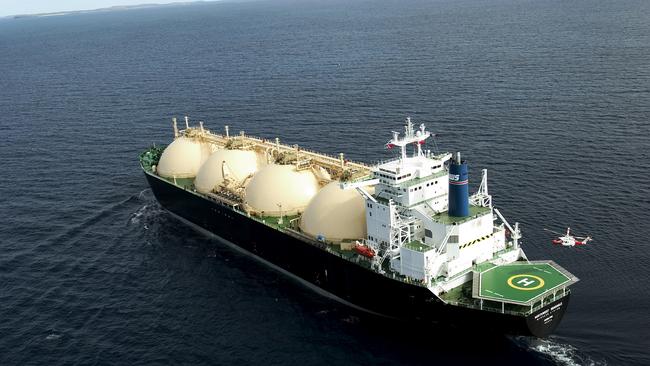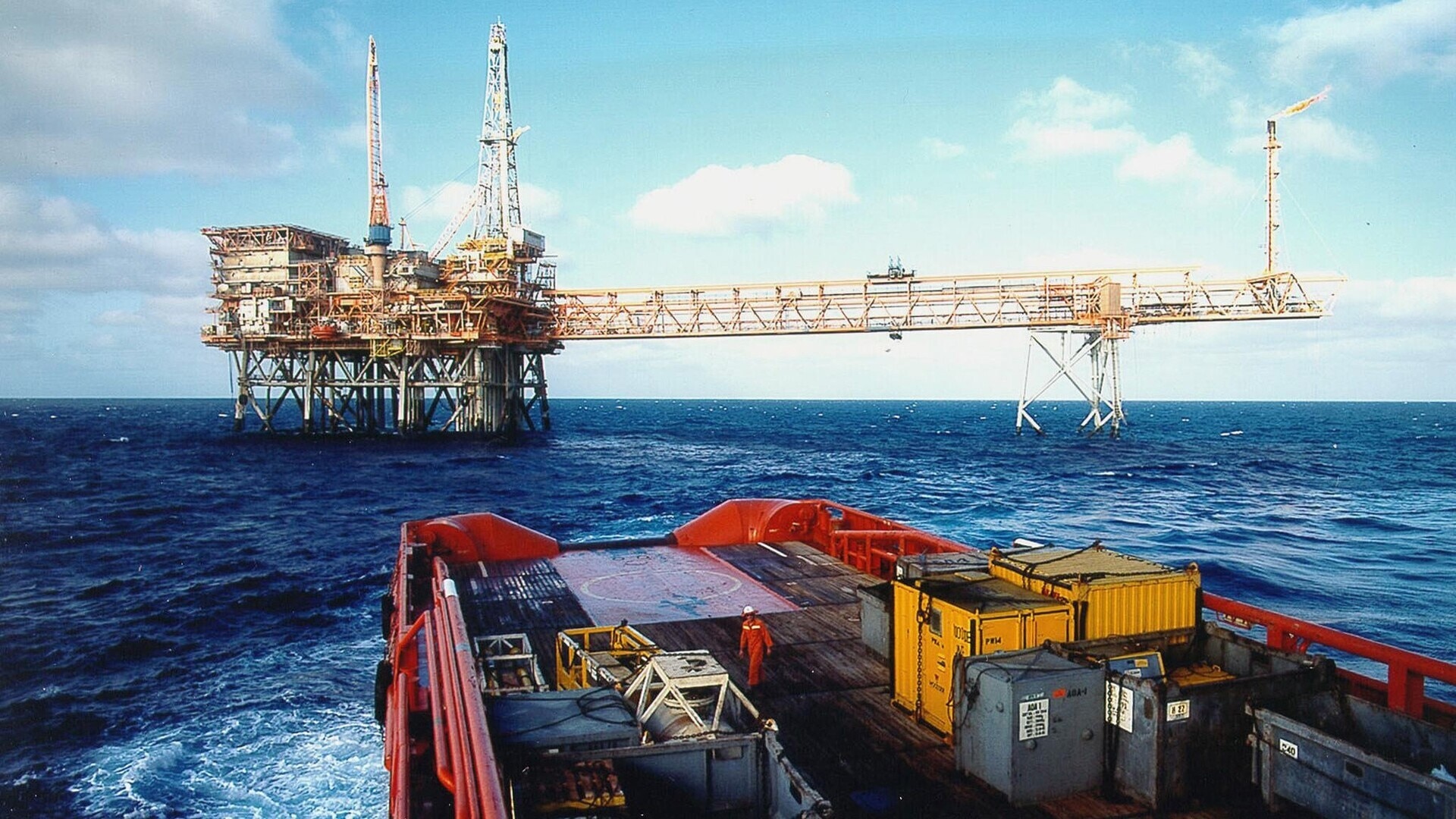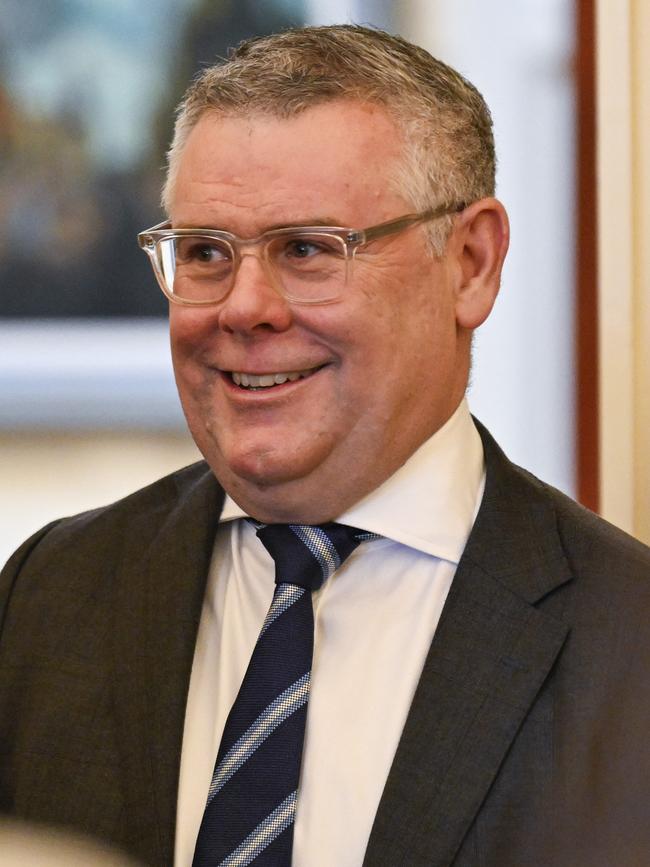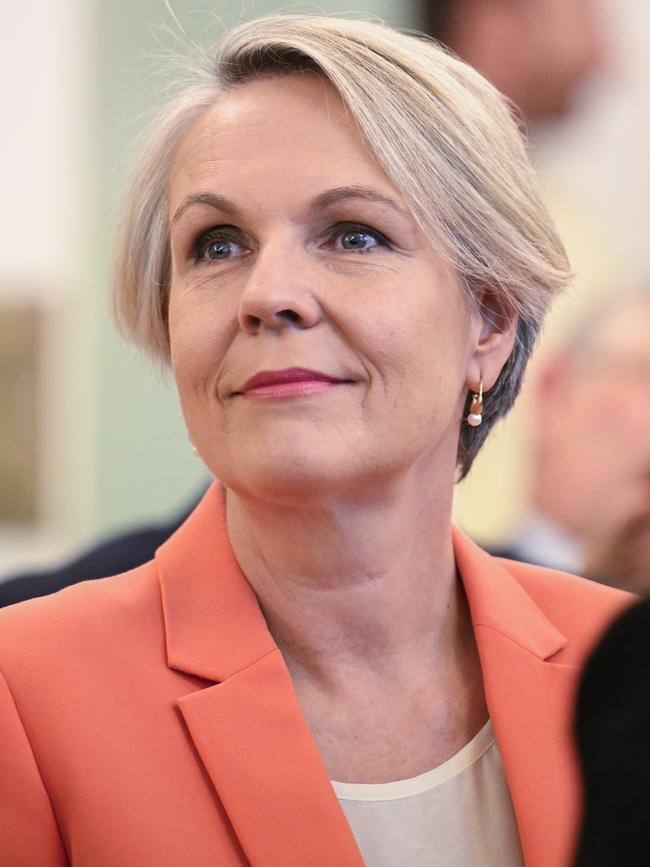
Labor’s belated approval for the North West Shelf LNG extension is hardly a win for the gas industry or our economy. Approving something that should never have been put in doubt to begin with isn’t a cause for celebration.
We have become so accustomed to politicised delays and cancellations of projects, we are surprised when a project is approved. Common sense is now being cherished as the exception rather than the rule. It’s a sorry state of affairs. The seven-year delay to an approval that always should and would ultimately be given is the problem. The damage is in the delay. The damage is done. If it takes seven years to get an approval to keep an existing gas project going, how long would an approval to build something new take?

Investors have to ask themselves if they should even bother trying to invest in Australia if they have to wait this long just to know if their investment is welcome. This is why the next wave of gas investments is happening in the US and the Middle East instead of here. Major energy investors confirmed this disturbing trend away from Australia at the Australian Energy Producers conference in Brisbane this week.
The net result isn’t lower pollution or emissions. We are just sending the pollution and emissions overseas. We are sending our jobs, taxes, foreign revenue, energy security and regional development overseas with it.
The silver lining is this approval might signal the beginning of Labor shifting to a more pragmatic environmental path after the election. The electoral decimation of the Greens provides room for Labor to pander less to the green fringe of the political spectrum, and rebalance towards the pro-jobs centrist part of the party. The replacement of Tanya Plibersek with Murray Watt is important. Unlike Plibersek, who was steeped in inner-city environmental politics, Watt is from the resource-driven state of Queensland.
Despite also coming from the Left faction, Watt has a reputation for working more collaboratively with the pro-resources and fossil fuel factions within Labor during his previous portfolios. This is hopefully a sign we will see fewer politically driven holdups to project approvals in Australia. But there is no sign yet of the government tackling much-needed broader approvals reform.


Approvals that used to take months now take years. Duplicated processes, departmental inertia and hostility, and increasing activist influence are contributing to the problem. This is delaying and destroying investment, not just for gas, but for mining and renewables and infrastructure alike, all across our country.
An anti-investment ideology has taken hold. Government departments have moved away from our longstanding history of balancing investment facilitation with regulation. We are too focused on purely regulation and just stopping things now. We have become the country of “no” instead of “go”.
Australia should be an energy powerhouse, growing our decades-long low-cost energy advantage to win in the industries of the future such as hi-tech manufacturing, artificial intelligence and quantum computing. Instead, we are allowing our unworkable approvals landscape to hurt investment and shift our energy advantage to a disadvantage.

The Albanese government’s approach to approvals reform for gas may prove how serious Labor is about recharging investment more broadly in Australia again. Early signs are not encouraging. The government has still refused to implement its own stated policy to reform the unworkable offshore consultation provisions. New impetus to toughen up the Environment Protection and Biodiversity Conservation Act could make approvals harder still.
Activist lawfare against investment continues unabated. Rather than fixing this, Labor continues funding this lawfare against the government’s own approvals. It amounts to economic sabotage of major investments in Australia. Investors can’t trust our government’s own approvals – even once they have been obtained, they can be taken away. This is deterring investment more broadly.
The Environmental Defenders Office remains emboldened in its activist lawfare. Despite the court’s extraordinary admonishment of the EDO last year, which resulted in about $9m in costs awarded against it, the EDO continues to lodge challenges against projects on spurious grounds. It may be a matter of time until the EDO brings a court case against the North West Shelf approval as well. The seven-year delay could be prolonged further. The Queensland government recently led the way by ceasing funding to the EDO, but federal Labor remains a major source of EDO funding.
Recent EDO accounts show there continue to be organisations with deep pockets willing to fund the EDO’s economic sabotage of Australia’s economy (and the EDO’s abuse of Indigenous culture). An undisclosed party recently lent the EDO $6.5m to pay court-awarded costs to Santos and continue operating.
Until broader approvals reforms and activist lawfare are addressed, investors will remain hesitant. The North West Shelf approval risks being perceived as a positive exception to an otherwise discouraging rule. Investors need to see a lot more actions from the federal government to back up its words, before an appetite to prioritise investment in Australia will return again.
Saul Kavonic is head of energy research at MST Marquee


